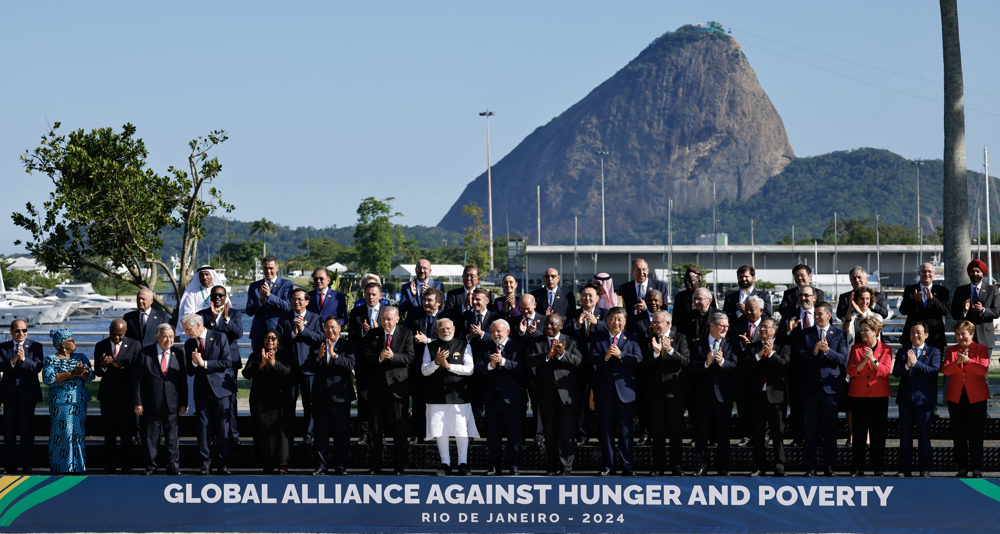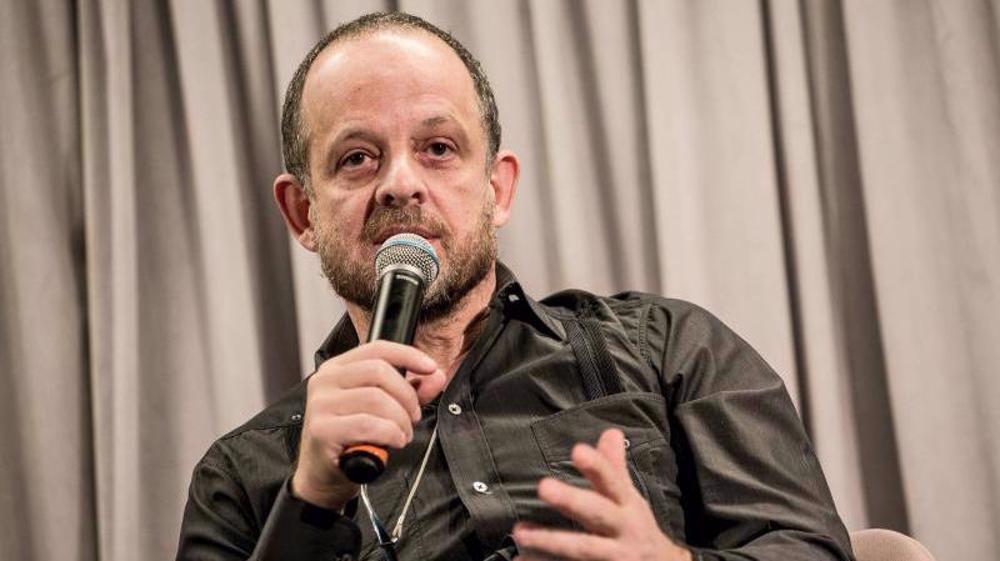Brazil cuts fuel prices to end crisis sparked by truckers’ strike
Brazil’s President Michel Temer, under pressure from a week-long national truckers’ strike which led to fuel and food shortages, ceded to protesters’ demands Sunday and slashed the cost of diesel.
The cut, equal to 0.46 reais a liter, was to be locked in place for 60 days, the president said in televised remarks, as the strike paralyzes much of the country’s economic infrastructure.
Temer also agreed to four other demands truckers made.
His decision came after Sergio Etchegoyen, the Minister of Institutional Security, said the country was “on a path to normalization” although he added, “It’s not quick.”
Authorities deployed the military to clear barricades erected by strikers and have been escorting fuel trucks since Friday to maintain access to refineries.
But federal transportation police reported that as of Saturday night, nearly 600 roads were at least partially blocked throughout the sprawling South American country.
Gas stations were virtually out of fuel, and perishable foods were disappearing from store shelves.
Now, Temer said, “We have done our part to ease the problems and suffering,” mentioning that he heard reports that millions of animals could die of hunger if the crisis did not ease.
The average price of diesel was 3.36 reais (92 US cents) in January and rose to 3.6 before the strike, according to news portal G1. On May 26, it hit 3.8.
Brazil is a member of the G20 group of the world’s largest emerging and advanced economies, but the first five days of the strike were estimated to have cost the country’s economy $2.8 billion, according to the daily Folha de Sao Paulo.
The truckers put a stranglehold on movement of goods in Brazil to protest increases in fuel prices.
Prices have risen under a politically sensitive decision made in late 2016 to allow the state-run Petrobras oil giant autonomy to set its pricing.
The rise in world oil prices in recent weeks has also been a factor.

The truckers’ determination has been a heavy blow to Temer’s center-right government, five months ahead of the presidential election.
Trucks move 60 percent of the goods that are transported in Brazil, and a protracted strike could cause havoc as it emerges from a 2015-16 recession.
Priority is being given to airports, power plants, and the supply of medical facilities, where the system for transferring organs for transplant was paralyzed by the strike.
In Rio, the city’s articulated bus system was partially disrupted because of a lack of fuel.
Bus lines in other states were also forced to shut on Saturday.
Service was restored after fuel trucks arrived, but buses were operating at 20 percent capacity on Sunday.
In most big Brazilian cities, only emergency bus service functioned on Sunday, to save fuel for the start of the work week on Monday, when state universities have announced they will be closed.
The truckers have pressed on with the strike despite an agreement announced by the government with union representatives late Thursday to call a 15-day suspension.
At that time the government pledged to abolish at least one tax on diesel and implement subsidies to maintain a temporary 10 percent fuel price reduction announced Wednesday by state oil company Petrobras.
(Source: AFP)
'Capitulation': Israeli officials and media concede Gaza defeat as truce unfolds
'Gaza has won': Social media users react to ceasefire with mix of relief, joy
Iran seeks South Korea’s assistance for AI, fiber-optic projects
VIDEO | Iran's 'Eqtedar' (Power) maneuver
Israel hits HTS military target in Syria for 1st time since fall of Assad
VIDEO | Press TV's news headlines
Israel has slaughtered 13,000 students in Gaza, West Bank
VIDEO | More Zionist than Zionists: Biden’s legacy to be defined by Gaza genocide














 This makes it easy to access the Press TV website
This makes it easy to access the Press TV website